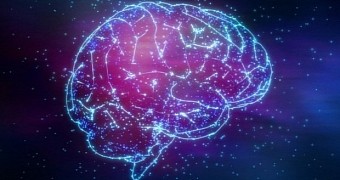RGFP966, a drug currently used to treat cancer, might also help improve memory and sharpen the mind, Rutgers University researchers propose in a recent study published in the Journal of Neuroscience.
The team, led by specialist Kasia M. Bieszczad with the University's Department of Psychology, explains that, having tested the drug's effects on laboratory rats, they found it to improve brain activity.
Specifically, they say the rodents that were administered RGFP966 were more attentive to their surroundings and had an easier time processing and retaining new information.
What's more, the animals developed new connections between neurons in the brain, which, in turn, made the memories they formed more reliable and easier to access. Plainly put, the rats got smarter.
“In the brain, the drug makes the neurons more plastic, better able to make connections and create positive changes that enhance memory,” the Rutgers University researchers write in a report detailing their work.
New potential uses for the drug
If the drug turns out to have the same effects in humans as it did in rats, scientist Kasia M. Bieszczad and fellow researchers claim it could be used to improve memory and, say, make it easier for people to learn a new language.
More importantly, the drug might help address symptoms associated with neurodegenerative disorders such as Alzheimer's, the specialists propose.
As the disease progresses, Alzheimer's patients lose the ability to form new memories. This is because neurons begin to wither and die, and the connections between brain cells are damaged. For now, there is no way to stop this decline.
If RGFP966 really does encourage the formation of new pathways in the brain, as the research team's experiments on rats suggest, it might help Alzheimer's patients regain their ability to form memories.
“Memory-making in neurological conditions like Alzheimer's disease is often poor or absent altogether once a person is in the advanced stages of the disease.”
“This drug could rescue the ability to make new memories that are rich in detail and content, even in the worst case scenario,” explains study lead author Kasia M. Bieszczad.

 14 DAY TRIAL //
14 DAY TRIAL //